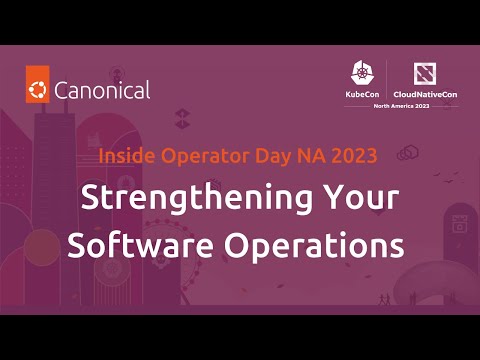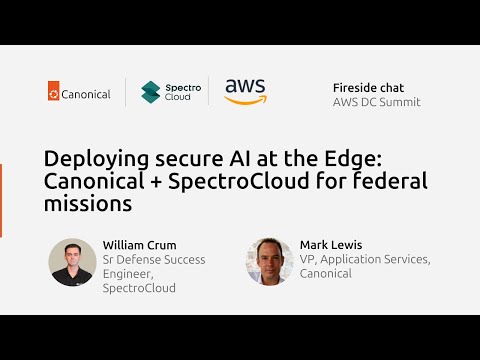
Data locality:
AI models often rely on large datasets. Locating compute close to the data reduces transfer times and improves training performance.
Latency sensitivity:
Real-time AI applications, like recommendation systems or edge analytics, depend on low-latency environments. This can be more easily tuned in private or hybrid setups.
Hardware specialization:
Some AI workloads benefit from custom hardware like GPUs or TPUs. Private cloud allows more control over this, while public cloud offers broader access but less customization.
Compliance and data sovereignty:
For regulated industries, private cloud often makes it easier to meet jurisdictional requirements.
Ultimately, your cloud strategy should align with the needs of your AI roadmap.
📍Subscribe. Fuel your curiosity.
#Canonical #Ubuntu #OpenSource #Cloud #AI











